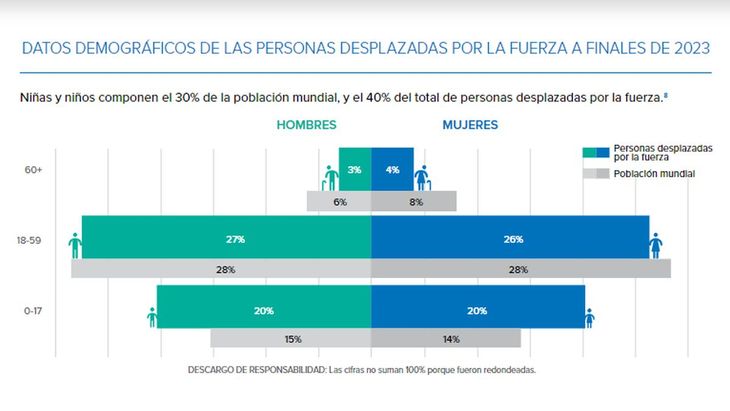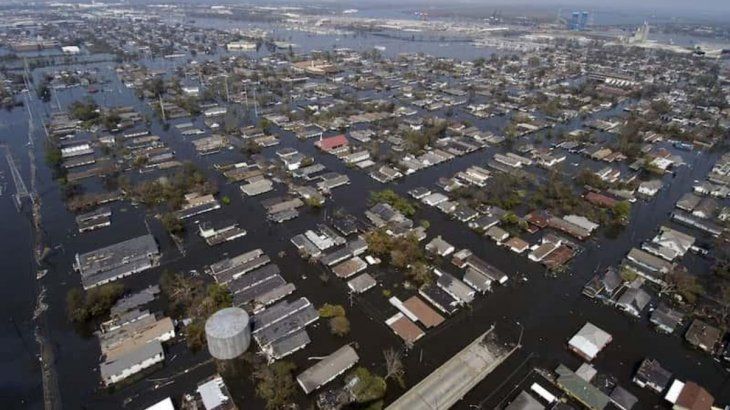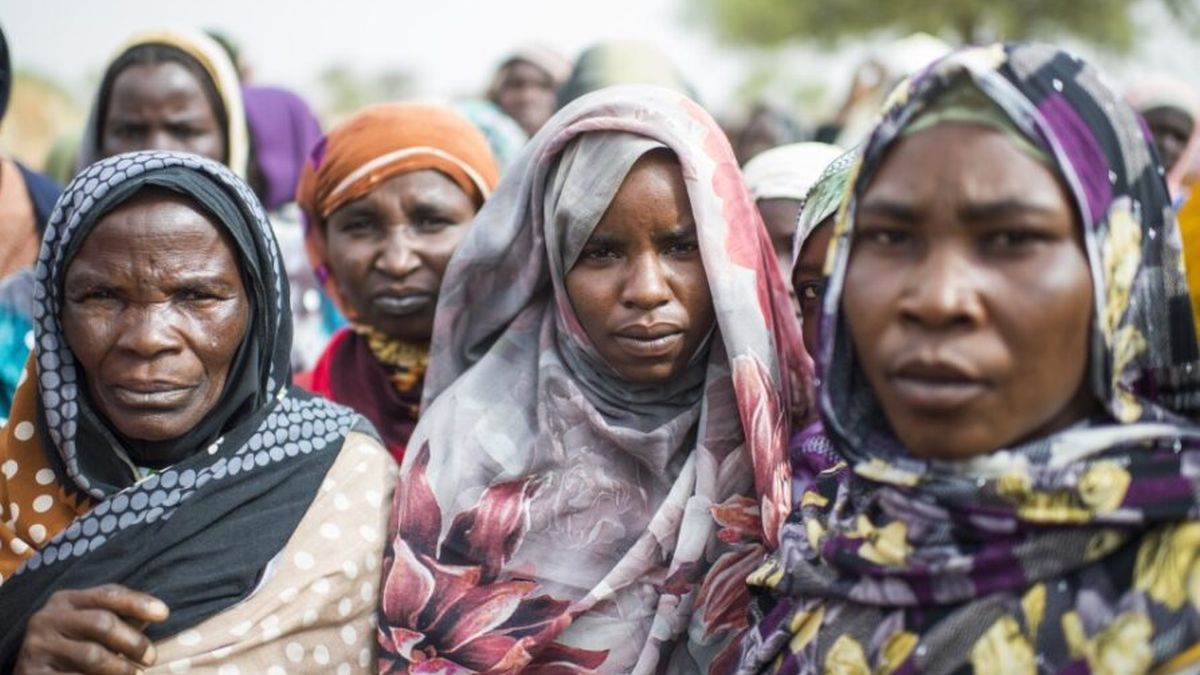The UN agency’s survey indicates that, over the past 25 years, the annual average of people forced to flee has been 14.3 million, while between 2021 and 2023 alone this number has exceeded 27.8 million, almost double the average.
displaced persons UNHCR.jpg
At the end of last year, 117.3 million people were recorded as forcibly displaced. However, based on operational data, UNHCR estimates that forced displacement has continued to increase in the first four months of 2024: at the end of April 2024, the figure exceeded 120 million people.
From the end of 2022 to December 2023, 8.8 million people were forced to leave their places of origin, which represented an increase of 8.8% year-on-year. Year after year, the number has been increasing since 2012, according to the UN agency’s survey.
The frequency, scope, duration and intensity of conflicts are closely linked to the number of people forced to flee each year. In Sudan, the conflict that erupted in April 2023 caused one of the largest humanitarian and displacement crises in the world. By the end of the year, nearly 11 million Sudanese had fled their homes to save their lives..
On the other hand, after 13 years of crisis in Syria, at the end of 2023 Nearly 14 million Syrians were forcibly displaced in 137 countries. At that time, too almost 10 mMillions of Ukrainians were displaced inside and outside Ukraine as a result of the war.
Also, in the State of PalestineUNHCR estimates that between October and December 2023, up to 1.7 million people (more than 75% of the population) were displaced by the conflict in the Gaza Strip with the State of Israel. Some of them were forced to flee several times.
displaced persons unhcr.jpg

The climate crisis is also a humanitarian crisis
The UNHCR report also highlights the impact of climate change on the basic rights of refugees and displaced people.. Extreme weather events such as droughts, floods and high temperatures are becoming more frequent and intense, often impacting countries already experiencing conflict.
The report finds that by the end of 2023, nearly three-quarters of forcibly displaced people were living in countries with high or extreme exposure to climate-related hazards. Nearly half of all forcibly displaced people were also living in countries where they remained exposed to conflict and climate-related hazards.
The climate crisis is also generating new displacements. In 2023, climate disasters caused 26.4 million displacements inmates in 148 countries and territoriesThis is the third highest figure in the last decade.
climate change.jpg

Gentleness
Argentina, one of the friendliest countries for refugees and displaced people
According to the study “Global Attitudes towards Refugees” carried out by the consulting firm Ipsos in 52 countries on the occasion of World Refugee Day as every year, there is public support for refugees and Argentina is one of the countries that stands out.
In response to the question about whether people should be able to seek refuge in other countries, including their own, to escape war or persecution, 80% of Argentines were in favorwhile in other countries in America the percentage of positive responses was as follows: 76% Mexico; 75% Peru; 73% Colombia; 70% United States; and 68% Chile.
Besides, 69% of Argentine respondents agreed with the premise: “Most refugees who arrive in my country will successfully integrate into their new society.” Given the same budget, in other American countries the percentage of compliance was: 62% Brazil; 54% Ecuador; 51% United States; 50% Mexico; 48% Peru; 43% Colombia; and 37% Chile.
Paula Martínez Álvarez, Communications Director of the UNHCR Argentina Foundationlooked at the shortcomings in working on solutions to alleviate the climate crisis. “Urgent measures are needed to mitigate and address the climate crisis, which increasingly affects refugees and displaced people,” he said.
She also said that they will demand that the presidents take note of the situation and move forward with policies to address the problem. “We want to ask world leaders at the next Climate Summit, by presenting 2 million signatures. That is why we need the help of one of the most supportive and empathetic countries with refugees,” she said in reference to Argentina.
“Argentines still have time to raise their voices against the climate and humanitarian crisis”, added Martinez Alvarez.
In that context, UNHCR Argentina Foundation called on Argentine society to join its Blue Ponchos for the Climate initiative, signing in ponchosazules.org. The signatures will be delivered at the United Nations Climate Change Conference (COP 29), which will take place from November 11 in Baku, Azerbaijan, to demand from world leaders lasting solutions for climate refugees.
Source: Ambito




